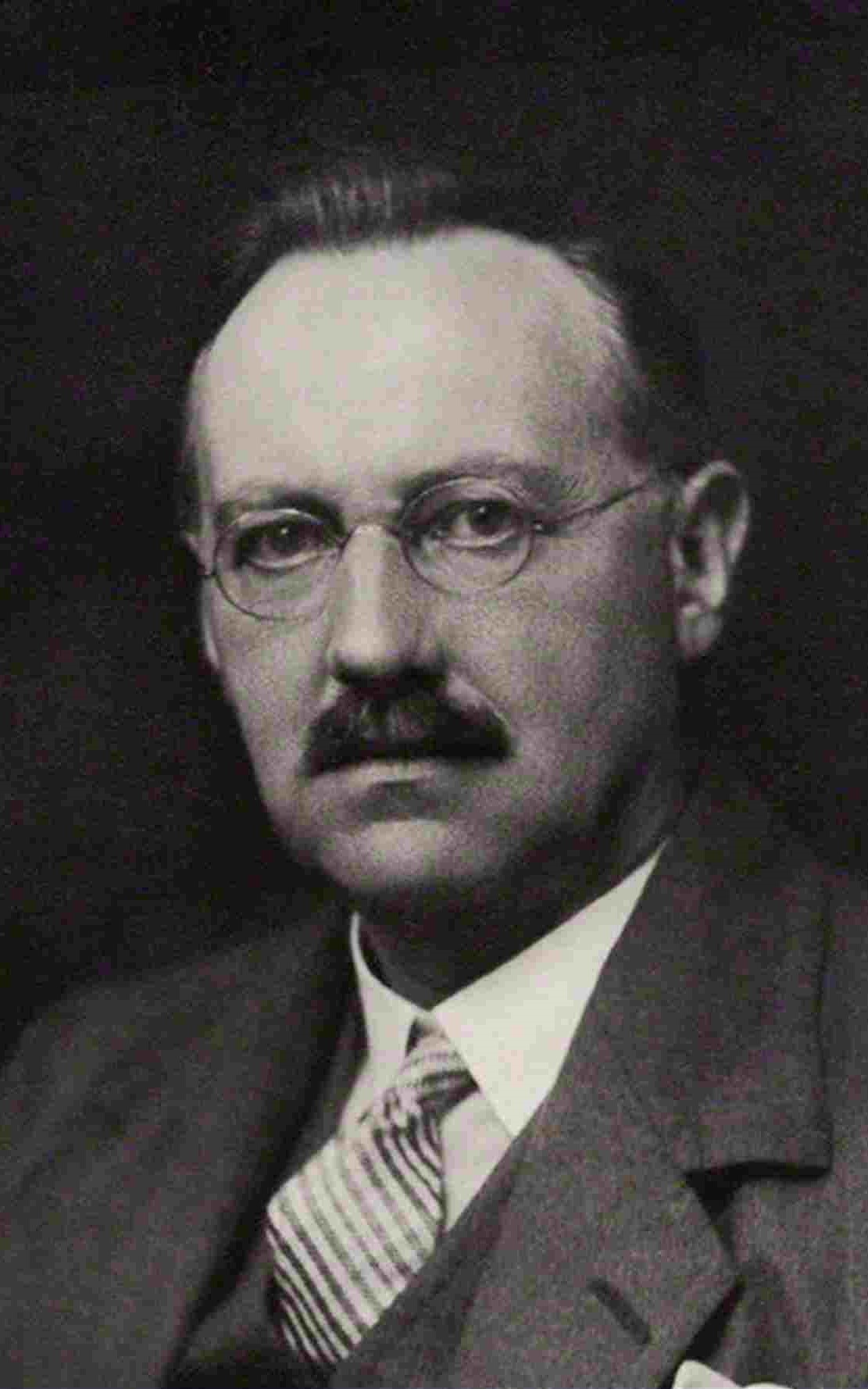
Edward John Moreton Drax Plunkett, was born in London on the 24th of July 1878. His father, John William (1853-1899) was a scholar, sportsman and keen mechanical engineer (he installed the first Irish telephone system and developed his own x-ray machine). His mother, who married John William in 1877, was a cousin, Ernle Grosvenor, descended from James Drax of Barbados and related to the famous Richard Burton. Edward had one brother, Reginald, who became a renowned Admiral, inherited his mother's estate and changed his name to Drax in later life. The 16th Lord, Edward, also an Admiral, left all of his property except Dunsany Castle, directly to his namesake grandchild.
Edward, Eddy to his father and later Eddie to his immediate circle, grew up at the family property in Shoreham, Kent, Dunstall Priory, and at Dunsany. He went to school at Cheam and Eton and entered Sandhurst in 1896. He inherited the title in 1899, fought in the Boer War (Coldstream Guards) and returned to Dunsany in 1901. Taking after his mother, who was nearly 6' tall, Edward was a lean 6'4" and considered rather handsome. He was also a keen marksman and a fine player of cricket (Dunsany had a fine cricket ground), tennis (there is a court beside the Castle) and chess (he was an amateur champion and drew with Grand Master Capablanca; he also wrote chess puzzles for The Times and invented his own variant form of chess).
In 1903, Lord Dunsany met Beatrice Child-Villiers, daughter of the Earl of Jersey; they were married in 1904 and remained devoted to each other for the rest of their lives. Another of the Jersey daughters married into the Pakenham family, Earls of Longford, and there was much contact between the families; Edward used to make items such as decorative seals for his younger relatives.
In 1905, Edward achieved his first book publication with The Gods of Pegana. On the 25th of August 1906, Edward and Beatrice's only child, Randal, who would become the 19th Lord, was born. Edward's uncle, Horace Plunkett, pioneer of the agricultural co-operative movement and a prominent figure in Ireland, assisted in the management of the estate and through him Edward met many more key Irish personalities; between his own and Horace's circles, regular visitors to Dunsany and Dunstall included Yeats, Kipling, James Stephens, "AE", Lady Gregory and Oliver St John Gogarty.
In 1909 a play written at the request of W.B. Yeats, The Glittering Gate, opened at the Abbey Theatre to critical and public acclaim; many more successful plays followed and at one point, five Dunsany works were running simultaneously on Broadway.
Dunsany was a patron and supporter to a number of fellow writers, especially the poet Francis Ledwidge, whom he encouraged greatly and to whom he opened his library. Dunsany helped Ledwidge with publication and sadly it fell to him also to arrange posthumously the issue of the two later collections (although Dunsany opposed it strongly, Ledwidge enlisted during World War I and was killed). Dunsany himself was in active service during the War. His mother died in 1916 and left Dunstall Priory to him.
After World War I, Dunsany continued to write and lecture, with considerable success. His first grandchild, Edward, the 20th Lord to-be, was born in Dublin in 1939. During World War II, Lord Dunsany served in the Home Guard and the Local Defence Force; he was also briefly Byron Professor of English in Athens but had to evacuate. After the war, he continued writing, as well as making radio broadcasts and a number of television appearances (such as on the popular "Brains Trust" series), and again lectured (including tours in the U.S.A.). His grandson came to live at Dunsany following his parents' divorce. A second grandchild, Beatrice, was born to Randal Plunkett and his new wife at Dublin in 1948.
Lord Dunsany had an attack of appendicitis while dining with Lord and Lady Fingall (of Killeen) at Dunsany and never regained consciousness after being operated on. He died in Dublin on the 25th of October, 1957. He was buried, as he wished at the end, in Shoreham, in memory of the time spent there at the height of Nazi bombardment and a memorial service was held at Kilmessan. Lady Beatrice died in 1970.